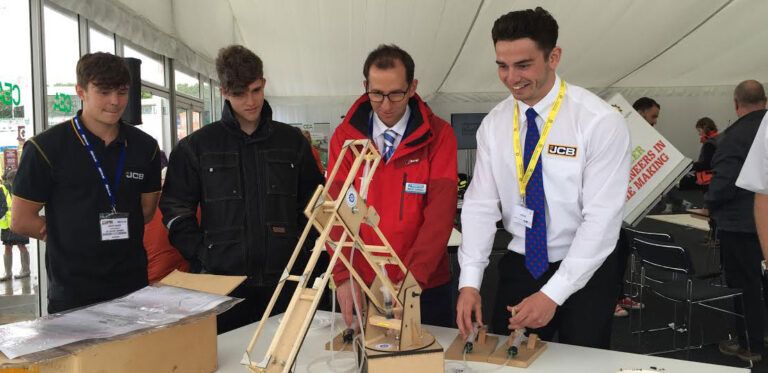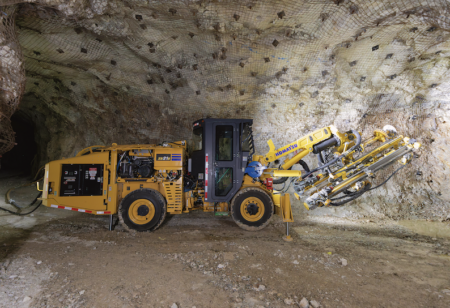A successful Construction Equipment Association (CEA)-backed project aiming to unearth engineers of the future is to be extended into schools across Cambridgeshire and the wider East Anglia area of the UK.
The Secondary Engineer Fluid Power Challenge, which aims to attract secondary school pupils into engineering, is set to run during the 2018/19 year, with the intention of introducing over 200 14-year-olds to the career.
Pupils will be required to build a pick-and-place robot arm using low cost materials and fluid power principles.
Run by the not-for-profit Primary Engineer Programmes, the national program is supported by a host of companies including WEBTEC and Cambridgeshire Hydraulics, as well as numerous trade associations including the British Fluid Power Association (BFPA) and British Compressed Air Society (BCAS).
Engage engineering principles
The Secondary Engineer Fluid Power Challenge is a pneumatics and hydraulics systems project that gives schools the opportunity to engage in basic engineering principles and concepts, using readily available materials to design and build working systems.
Not only does this support the study of STEM (science, technology, engineering, maths) in a practical manner but allows pupils and teachers the opportunity to work with engineers in the classroom and compete against teams from other schools.
Teachers from secondary schools in East Anglia area will be invited to attend a one-day practical training course, to be hosted by WEBTEC on July 18, 2018, at the company’s St Ives manufacturing facility.
Engineers from WEBTEC and other local companies will be partnering schools and supporting teachers on the training day and afterward with pupils in the classroom.
Martin Cuthbert, WEBTEC’s managing director said, “The Fluid Power Challenge is well named: this initiative has the power to inspire the engineers of tomorrow, to let children have fun building a real-life robot arm and at the same time connect industry and schools during the learning journey.
“We are delighted to support the Fluid Power Challenge as we urgently need to attract the next generation of engineers and all credit to the Primary Engineer team for making this possible.”





